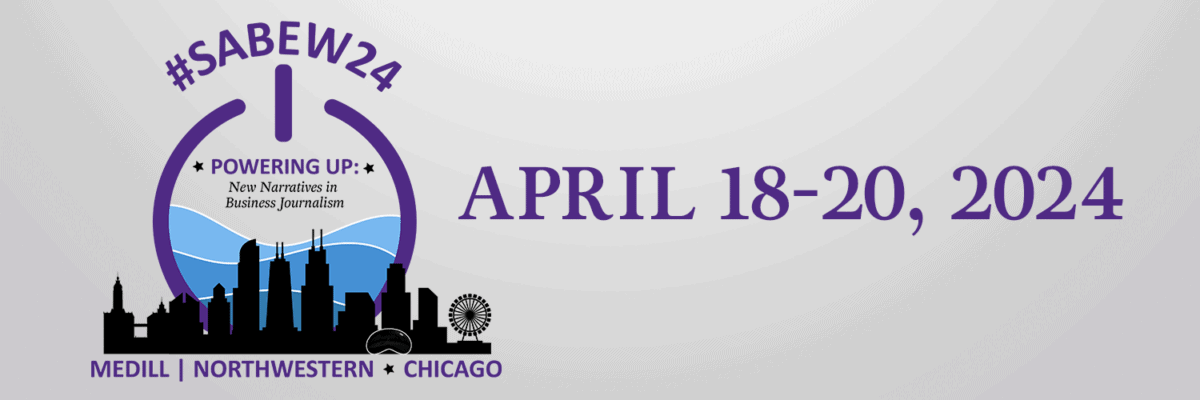By Caitlyn Richtman
M Anteau has a passion for making art but doesn’t make enough money for it to be a sustainable income. That’s why artists like Anteau develop a “side hustle.”
“The side hustle is what pays the bills,” Anteau said.
Anteau is a 21-year-old University of Georgia student from Atlanta majoring in interdisciplinary studies with a focus in sequential art and writing.
Anteau (who uses they/their/them pronouns) said they have always been passionate about art, but didn’t pursue an art major until failing chemistry early in college.
Anteau loves to create digital comic books that are sold at comic book conventions, but at this point they are putting more money into the comic books than they’re making from selling them, which leads to the side hustle.
“With the way the industry functions, from my understanding, is if you can get a primary source of employment, that’s great, but a lot of it is side hustling,” Anteau said.
Anteau interns in commercial art to help supplement their income. Anteau also works for businesses doing graphic design and designing t-shirts. These activities support their fledgling comic books business.
“I’m hoping to eventually branch out a little into more of the stuff that’s fun and doesn’t just pay the bills,” Anteau said.
For now, Anteau is content with the side hustle to support their comic book design until the day where it takes off, and they can flip the switch to making more than it costs.
Anteau also struggles with balancing time between school, internships and the comic books design business, a problem many students following an unprofitable passion face. Anteau said it is a “juggling” act.
Kristy Archuleta, a personal finance expert and an associate professor in the College of Family and Consumer Sciences at UGA, said she assures students with inconsistent income from a new business like Anteau that it is normal to not make a profit at first.
“Owning your own business or having inconsistent income is hard for anyone whether in school or not because you never know how much income you will have from month to month or week to week. However, it is a reality for many professions,” Archuleta said.
Archuleta advised that “students who have to balance these activities need to prioritize their goals, their needs and wants and their time.”
A key component of financial planning is setting financial goals and life goals, Archuleta said.
“These goals need to be achievable and realistic and should be identified with a clear plan with how you can reach each of your goals,” Archuleta said. “Saying that my goal is to have a successful semester is not concrete enough to be useful.”
The same rules Archuleta would teach her students about personal finance are applicable to small business finance. Tangible goals can help lessen the stress of the inconsistencies, she said.
“Personal finance is something you need to know about and do for the rest of your life,” Archuleta said.
One of Anteau’s goals is to make a living doing the art they love, but until then to balance out the irregularities, Anteau will continue to work other jobs.
“It is juggling finding time to make the things, but also finding time to make the things that make you money,” Anteau said.
Caitlyn Richtman is a journalism student at the University of Georgia’s Grady College of Journalism and Mass Communication.






